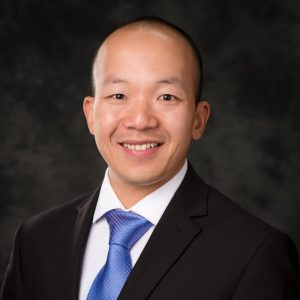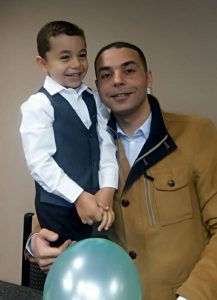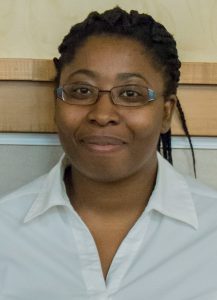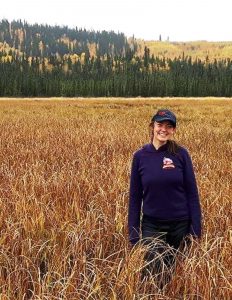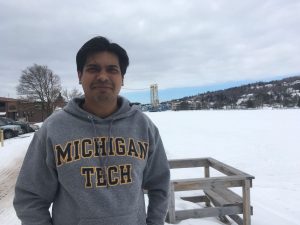Hemanth Kumar Vemprala
Electrical Engineering
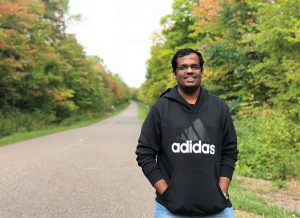 I am a Ph.D. candidate in Electrical Engineering, working with my advisor Dr. Bruce A. Mork. Currently, my research focuses on the time-domain modeling approaches for addressing disturbances such as Transformer Inner winding faults and also external events such as Geomagnetic Disturbances (GMD) causing GIC to flow in Bulk Transmission systems. Both these disturbances have an adverse impact on the normal operation of the power system. My research had lead to development and enhancement of the approach to accurately estimate the fault currents which is then used to study and improve the sensitivity of transformer protection. Similarly, GIC/GMD event is intricate and involves complex interaction in the physical world, using EMTP time-domain approaches, various tools and methodologies are developed that helps understand the behavior, study the consequences and to find effective mitigative strategies.
I am a Ph.D. candidate in Electrical Engineering, working with my advisor Dr. Bruce A. Mork. Currently, my research focuses on the time-domain modeling approaches for addressing disturbances such as Transformer Inner winding faults and also external events such as Geomagnetic Disturbances (GMD) causing GIC to flow in Bulk Transmission systems. Both these disturbances have an adverse impact on the normal operation of the power system. My research had lead to development and enhancement of the approach to accurately estimate the fault currents which is then used to study and improve the sensitivity of transformer protection. Similarly, GIC/GMD event is intricate and involves complex interaction in the physical world, using EMTP time-domain approaches, various tools and methodologies are developed that helps understand the behavior, study the consequences and to find effective mitigative strategies.